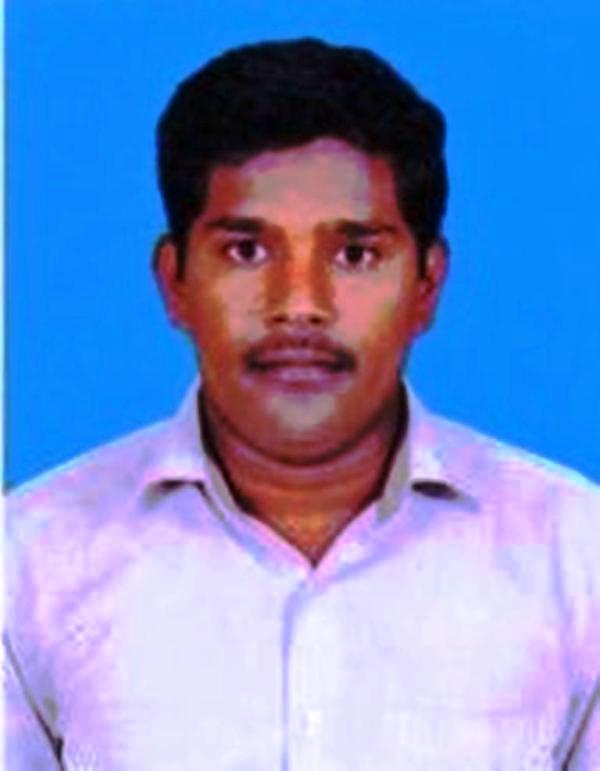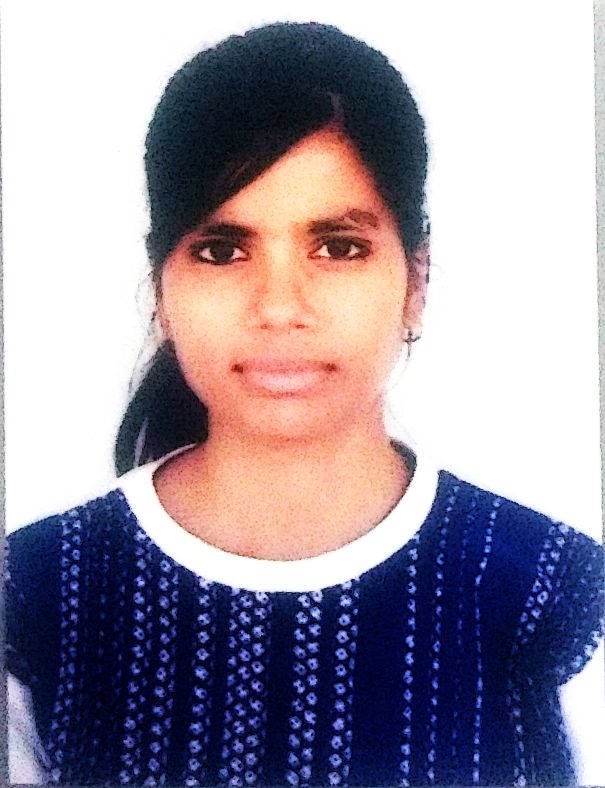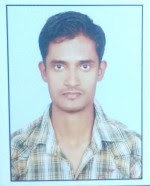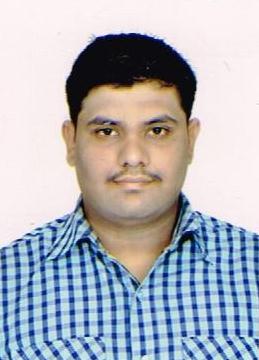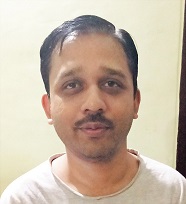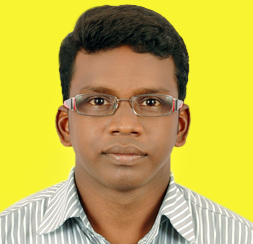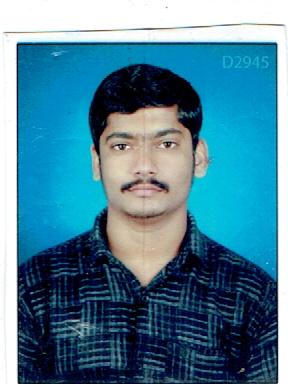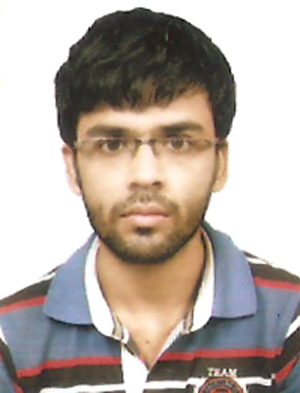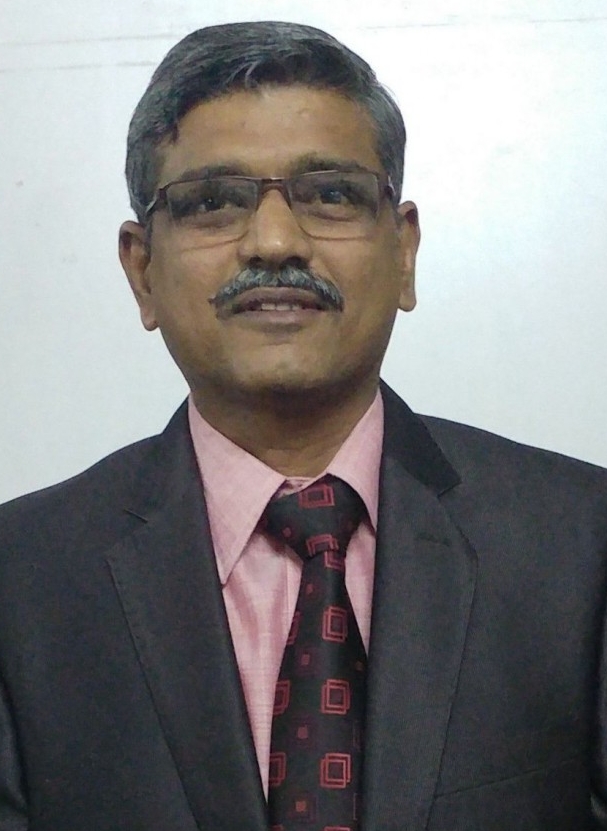Course abstract
It is proposed to include following joining technologies of commercial importance under different groups of processes A) Fundamentals of Metal Joining Technologies: mechanisms for obtaining metallic continuity: fusion, deformation, diffusion, chemical interactions B) Fusion based processes: principle of fusion welding processes, oxy-fuel has welding, common arc welding processes, laser beam welding, spot welding processes, newer variants of fusion welding processes C) Solid-liquid joining processes: brazing and soldering, braze welding, cold metal transfer welding, D) Solid state joining processes: diffusion bonding, ultrasonic welding and explosive welding and E) Adhesive joining: design, procedure, and applications F) Metallurgical Aspects of Welding: weld thermal cycle, solidification of weld metal, weldability of carbon steel, alloys steel, stainless steels, and aluminium alloys, Fe-C, CCT and schaffler diagram for understanding the metallurgical transformation in weld and heat affected zone., basics of residual stresses G) Common issues related with joining technologies their causes and remedies: hardening and softening of heat affected zone, porosity, cracking.
Course Instructor

Prof. D. K. Dwivedi
Dr. D. K. Dwivedi obtained BE (mechanical engineering) , in 1993 from GEC Rewa, ME (welding engineering) Univ. of Roorkee in 1997 and PhD in Met. Engineering from MNIT, Jaipur in 2003. He has about 9 years teaching experience at NIT Hamirpur and 12 years at IIT Roorkee of subjects related with manufacturing at UG level and welding engineering related subjects at PG level. He has published more than 95 research papers in SCI/SCIE indexed journals and undertaken 16 sponsored research and 48 industrial consultancy projects. Instructor has authored one book entitled \u201cProduction and Properties of Cast Al-Si Alloys with New Age International, New Delhi (2013).
Teaching Assistant(s)
Course Duration : Feb-Mar 2018
View Course
Enrollment : 20-Nov-2017 to 05-Feb-2018
Exam registration : 08-Jan-2018 to 07-Mar-2018
Exam Date : 28-Apr-2018
Enrolled
1134
Registered
188
Certificate Eligible
171
Certified Category Count
Gold
6
Silver
0
Elite
86
Successfully completed
79
Participation
8
Enrollment Statistics
Total Enrollment: -1
Registration Statistics
Total Registration : 0
Assignment Statistics
Exam score
Final score


.jpg)
.jpg)
.jpg)
